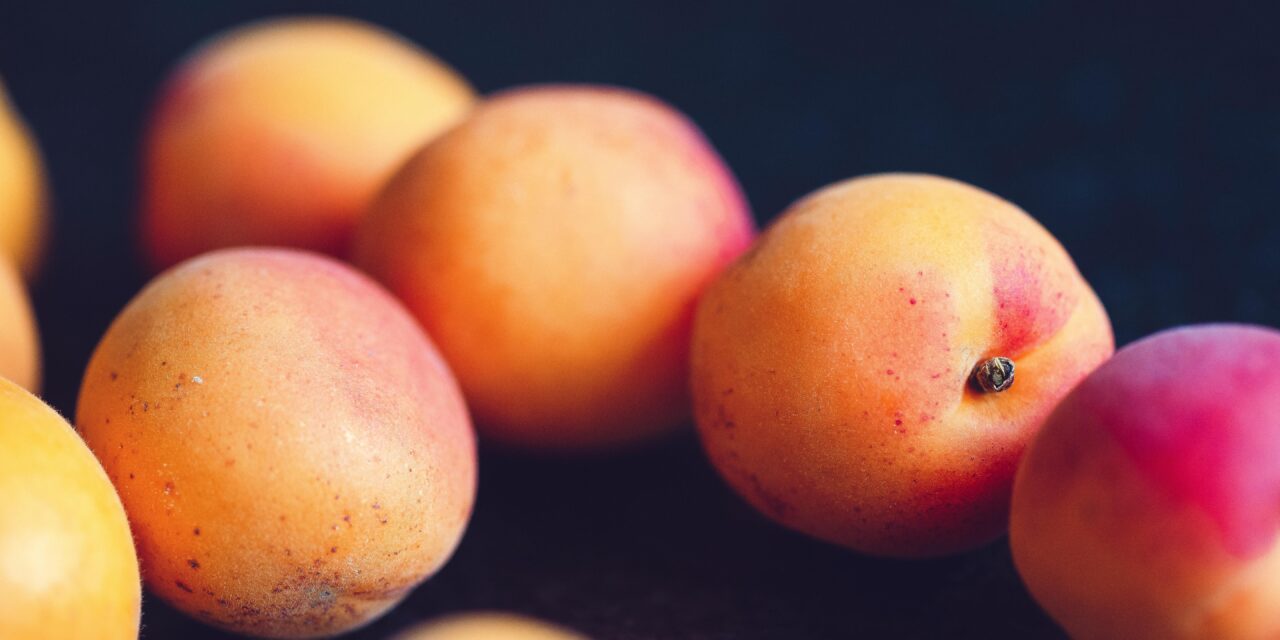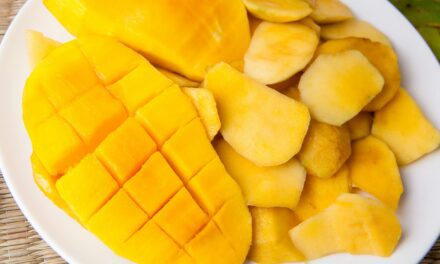Introduction
Peaches are sweet and juicy fruits with soft, fuzzy skin. They were first grown in China over 4,000 years ago. They are loved for their delicious flavor, which is a mix of sweetness and a little tartness. Peaches grow best in warm climates and come in different varieties with flesh that can be yellow or red. Not only do they taste great, but peaches are also good for you, packed with vitamins A and C, antioxidants, and fiber. These qualities make peaches a popular fruit enjoyed by many around the world.
Nutrient Value Of One Medium Size of Peach
| Nutrient | Amount per 1 Medium Peach (150g) |
| Calories | 58 kcal |
| Carbohydrates | 14 g |
| Sugars | 13 g |
| Dietary Fiber | 2 g |
| Protein | 1 g |
| Fat | 0.4 g |
| Vitamin A | 489 IU (10% of Daily Value) |
| Vitamin C | 10 mg (16% of Daily Value) |
| Potassium | 285 mg (8% of Daily Value) |
| Magnesium | 14 mg (3% of Daily Value) |
| Calcium | 9 mg (1% of Daily Value) |
| Iron | 0.4 mg (2% of Daily Value) |
Peaches also contain small amounts of magnesium, phosphorus, iron, and several B vitamins. They are rich in antioxidants—plant compounds that help fight oxidative damage, which can protect the body from aging and disease. The fresher and riper the peach, the more antioxidants it contains. Both fresh and canned peaches offer similar levels of vitamins and minerals, particularly if the canned varieties are unpeeled. However, fresh peaches have higher antioxidant levels and are generally more effective at protecting against oxidative damage compared to canned ones.
peach is also beneficial in your pregnancy life because it has a lot of vitamins, minerals, and a good amount of water. If you are a pregnant lady or you want to stay healthy in your precious time. you can check this link or enjoy a healthy pregnancy. benefits of peach for pregnant women.
Here are The Benefits of Peach
1. Digestive System
Canned peaches can be a soothing snack if you’re dealing with stomach issues. Their soft texture and lower fiber content make them easier to digest than fresh peaches. In a “gastrointestinal soft diet,” which includes gentle foods, canned peaches can help calm an upset stomach and ease symptoms like diarrhea and gas. The lower fiber content helps prevent irritation in your digestive system, offering relief during digestive discomfort.
2. Promote Healing
Don’t let a peach’s small size and delicate skin deceive you. A medium peach provides about 11% of your daily vitamin C requirement. This essential nutrient aids in wound healing, supports a strong immune system, and helps eliminate “free radicals”—harmful chemicals associated with cancer due to their potential to damage cells.
3. Eye Health
Peaches are good for your eyes because they contain beta-carotene, which gives them their golden-orange color. Your body converts beta-carotene into vitamin A, a nutrient crucial for maintaining healthy vision and preventing eye problems.
4. Heart Health
Peaches are a valuable source of potassium, a mineral essential for regulating heart rate and blood pressure. Potassium helps lower blood pressure by aiding in the removal of excess sodium from the body and relaxing blood vessel walls. Additionally, peaches can improve cholesterol levels and potentially reduce the risk of heart disease. Including peaches in your diet can support overall heart health and contribute to better cardiovascular function.
5. Healthy Bones
Potassium helps balance the impact of a high-salt diet and can lower blood pressure while reducing the risk of kidney stones and bone loss. Consuming about 4,700 milligrams of potassium daily is recommended, ideally from food sources rather than supplements. A small peach contains about 247 milligrams of potassium, and a medium peach provides up to 285 milligrams, making it a tasty and healthy way to boost your potassium intake and healthy bones.
6. Manage Weight
Peaches are a low-calorie fruit, with fewer than 60 calories per serving, and they contain no saturated fats, cholesterol, or sodium. They are over 85% water, which helps keep you hydrated. The fiber in peaches makes them more filling, so you stay satisfied for longer and don’t feel hungry as quickly. This combination of low calories, high water content, and fiber makes peaches a healthy option if you are trying to manage weight.
7. Prevent Cancer
Peach is a good option for preventing cancer. Peaches are a rich source of antioxidants. These antioxidants help protect cells from damage caused by free radicals, which can contribute to cancer development. Including peaches in your diet can provide these protective nutrients and support overall health.
8. Good Source Of Vitamin E
Nuts and seeds are well-known sources of vitamin E, but peaches also provide a good amount of this important antioxidant. Vitamin E is crucial for maintaining healthy cells throughout your body. It supports a strong immune system and helps keep blood flowing smoothly by widening blood vessels and preventing clotting. Thus, including peaches in your diet can contribute to overall health.
9. Best For Teeth
Even though peaches are sweet, they can be beneficial for your dental health due to their fluoride content. Fluoride, also found in toothpaste and some foods, helps protect your teeth by fighting the bacteria that cause cavities. Including peaches in your diet can be a tasty way to support good oral hygiene. Peach is a good option if you want to stay healthy in a natural way. If you want to see more benefits of peach you can visit this site.
Conclusion
Peaches are a tasty and healthy fruit with many benefits. They are rich in vitamins A and C, potassium, and antioxidants, which help keep you healthy. Peaches support skin and eye health, improve heart health by managing blood pressure, and help with weight control due to their low calorie and high water content. They also have antioxidants that may lower cancer risk and fluoride that helps keep your teeth strong. Eating peaches one medium size regularly can be a delicious way to support your overall health.













Recent Comments